At IDEAS, our hopes for International Politics (IP-IDEAS here onwards) are to facilitate a space where scholarship on IR maybe fostered, with a view to support critical, peripheral and innovative scholarship. The imagined goals for the cluster are fairly simple – to curate a space where leading conversations on IR may find room; to create room to include established as well as junior scholars to present and discuss their work; to promote teaching collaborations and discussions on pedagogy among IR teachers with a view to build collaborative learning spaces for our student community; to support scholarship and projects of the IP-IDEAS team by facilitating opportunities to network and collaborate with relevant scholars, wherever they may be located; finally, to encourage building a culture of research workshops and dialogic symposiums not just among faculty but also students at JGU.
IP-IDEAS acknowledges the diverse and evolving contours of IR scholarship and articulates the following sub-verticals to foster debates in IR under its aegis:
Sub-verticals for IP-IDEAS

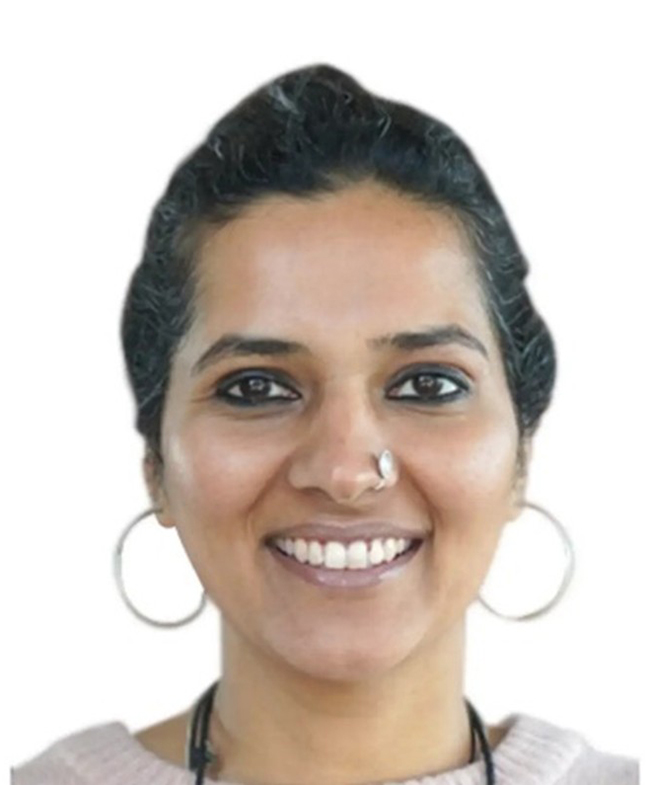
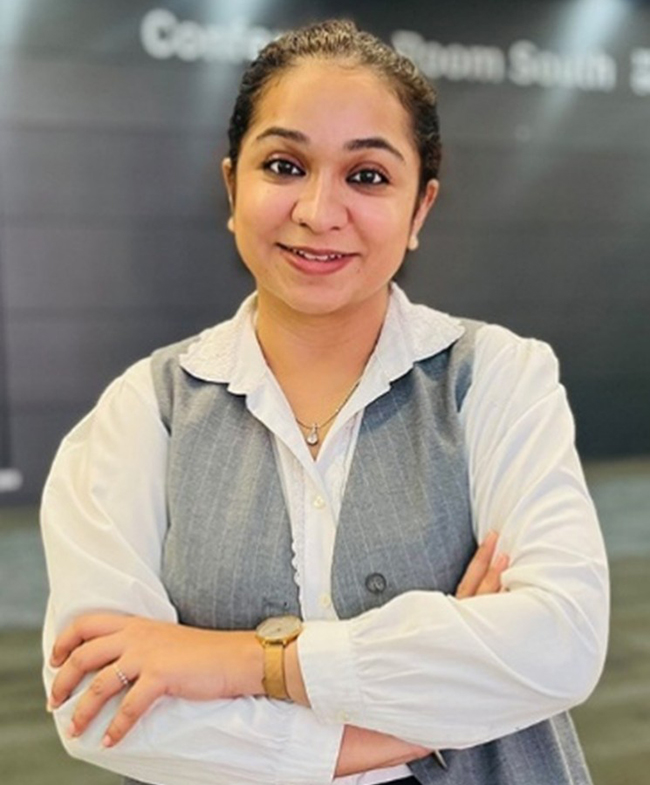
Assistant Professor, Jindal School of Psychology & Counselling
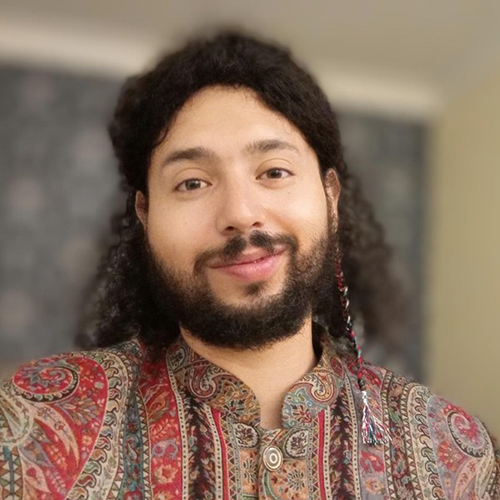
trans/feminist activist-scholar, poet, data scientist, and street educator, Universidad Nacional Autónoma de México and Security For All
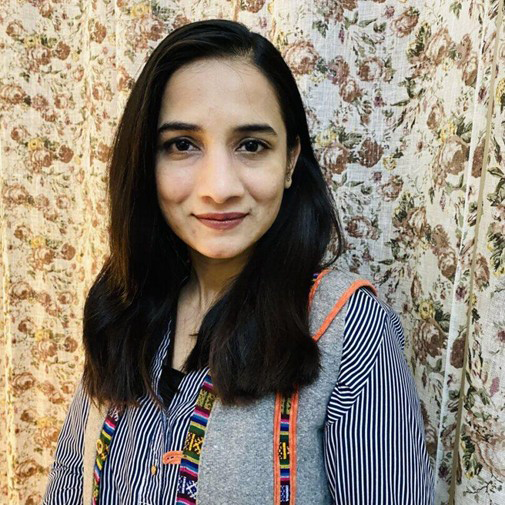
PhD candidate at the Centre for International Politics, Organisation and Disarmament in Jawaharlal Nehru University

PhD candidate at the Centre for International Politics, Organization, and Disarmament (CIPOD)

Associate Professor in the Department of Political Sciences and International Relations of the Faculty of Social Sciences at the Pontifical Catholic University of Argentina

Professor at the World Politics Department at St. Petersburg State University, Russia.

Assistant Professor at the School of Social Sciences, Federal University of Goiás.

Research Fellow at Research Center in Economic Analysis and International Economic Development (CRANEC), Italy
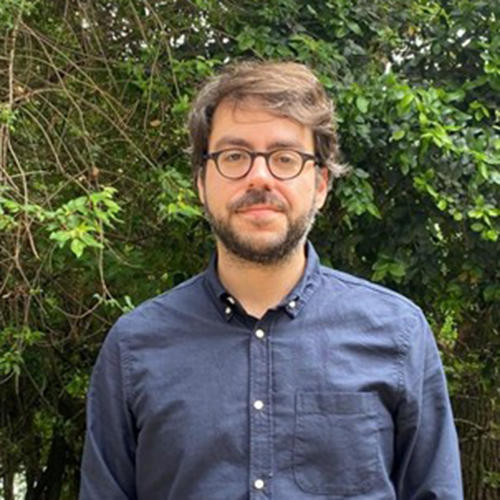
Assistant Professor of Contemporary History at the Universidad Austral de Chile
How might writing stories help IR scholars to forget theories and undo (epistemic/bodily/harmful) practices that sustain interlocking systems of oppression in and beyond the IR classroom? Can writing stories retrieve many worlds of life and existence otherwise that IR scholars are already embedded in and help them to imagine less violent theories and practices? How might our stories disrupt the hegemony of understanding “the international” as separate from embodied knowledges experienced in, through, and across our many worlds? What can narrative and embodied methodologies offer to discussions on ethics and violence in both theory and practice within IR? This special issue explores those questions with IR scholars’ stories and embodied methodologies, as well as with forums of senior scholars who have done this work for more than two decades in the field. Building on an extensive legacy of special issues and books inviting IR scholars to write and not just analyze stories, autobiographies, autoethnographies, ethnographies, fictions, narratives, tales, and poems, this special issue cultivates new editing, reading, and writing opportunities for the study and practice of the international and its relations.
Collaborators: Devika Misra, Ambreen Agha, Julio César Díaz Calderón
There is no dearth of cases to be evaluated when comparisons of regionalisms in South Asia and Latin America are conceptualized. However, while the overarching flagship regional organisation of South Asia, namely the South Asian Association of Regional Cooperation (SAARC) has often suffered severe stalemates due to regional tensions, the Community of Latin American and Caribbean Nations, has presented itself on the opposite spectrum of active, if at times ineffectual, declaratory regionalism. Where regional integration in Latin America is both policy and project (Tussie 2009), in South Asia, regional rivalries, international interference and fraught identity driven nationalisms have precluded discussions of cohesion, even in the face of conjoined histories. The presence of rival regional powers, starkly in the case of South Asia and more obliquely in Latin America has enabled interesting solidarity patterns to emerge in the regional formations. Yet, SAARC and CELAC both continue to exist, both are evoked in times of crisis and both continue to represent different versions of regional solidarities that are enunciated variously by these regional rivals where different trajectories of development and different political ideologies have acted as intervening variables.
The context of the pandemic only served to exacerbate the need for neighbourly support systems in an increasingly introverted international system which had been marked by rising protectionism and hypernationalism. This paper attempts to understand how these regional solidarity projects fared by evaluating the pandemic regional policies of two regional powers in the regions, namely India and Brazil in the regional institutions of SAARC and CELAC. Both countries have made claims for not just regional leadership but also leadership at the international stage. Both, have had these claims contested by other regional powers in their respective regions. Both have been governed by increasingly nationalist regimes and both countries have suffered gravely under the pandemic. However, while the Modi-government in India has eked out its own internationalist path towards supporting multilateralism, the Bolsonaro government in its policy of negation of the pandemic, has increasingly introverted itself from the region. What are the ways in which the region was utilized by these countries to forge domestic policies of legitimacy? In what ways did their individual behavior stack against the existence of these two all-encompassing regional organisations? What are the hopes for regional solidarity post-pandemic in South Asia and Latin America?
This paper aims to unearth nuances of pandemic behaviour of these two regional giants by firstly, evaluating the histories of regional solidarity in South Asia and Latin America. Secondly, it hopes to situate regional cooperation projects in both regions in context through an evaluation of SAARC and CELAC. Finally, it hopes to disentangle the vagaries of pandemic support and containment policies by these two regional giants with their regional partners.
Collaborator: Devika Misra, Prof. Thomas Legler
This paper examines the significance of populism as a performative and culturally constructed phenomenon, highlighting its ability to reconfigure social identities and power relations through discursive tools. By theorizing populism as a “floating signifier” shaped by cultural anxieties and historical contingencies, it offers a critical framework to understand how populism challenges existing paradigms in political and cultural studies. This analysis advances the discourse on populism by bridging cultural studies and political theory, providing new insights into its enduring impact on contemporary political culture and its implications for identity formation and power dynamics
Collaborator: Devika Misra
Description: This paper addresses the research question: How does epistemic populism redefine common grounds and challenge democratic hegemony in polarized societies? It argues that epistemic populism, by selectively framing knowledge and truth, undermines traditional sources of authority and consensus while fostering new spaces of collective identification. Drawing on Laclau and Mouffe’s theory of hegemony, the study employs a qualitative methodology to critically analyze discursive strategies used by populist movements to construct alternative epistemologies. This epistemological contribution reveals how such strategies disrupt democratic stability, amplify antagonisms, and foster competing truths. While destabilizing hegemonic norms, these movements paradoxically create pathways for alternative solidarities. The paper advances the understanding of epistemic populism’s role in reshaping political landscapes and emphasises its implications for democratic resilience in an era of deepening polarisation.
Collaborator: Jyot Shikhar Singh (PhD Scholar, Jindal School of International Affairs)
Description: International development aid remains a critical tool in global efforts to reduce poverty, yet its effectiveness is widely debated. This study evaluates the impact of aid programs on poverty reduction, exploring the conditions that enhance or limit their success. We employ a mixed-methods approach, integrating quantitative analysis of aid flows and poverty metrics across 50 developing countries with qualitative case studies from sub-Saharan Africa and South Asia. Our findings indicate that aid significantly reduces poverty when delivered in contexts with strong governance, low donor fragmentation, and alignment with national development priorities. Conversely, in settings marked by weak institutions or misaligned objectives, aid’s impact diminishes, occasionally exacerbating dependency. The case studies highlight successful programs that emphasize local ownership and institutional capacity-building, contrasting with less effective top-down initiatives. These results suggest that optimising aid effectiveness requires a shift toward tailored, context-specific strategies that prioritise governance reforms, donor coordination, and recipient-led planning, offering actionable insights for policymakers and development practitioners.
Collaborator: Dr. Chisom Ubabukoh
Description: This study investigates the dynamics and determinants of bilateral trade between India and Africa, leveraging data from 1996 to 2024. Unlike multilateral trade agreements, bilateral arrangements are often easier to negotiate and can mitigate imbalances in competition and terms of trade. Using the structural gravity model, we analyse the evolving trade relationship between India and Africa, highlighting key trends and projecting future developments. The analysis incorporates institutional variables to assess the impact of governance effectiveness, corruption, and institutional strength on trade volumes. Our findings reveal a consistent growth in Indo-African trade, with a notable recovery following the COVID-19 pandemic. The economic size and institutional quality of African countries, particularly governance effectiveness and regulatory capacity, are found to be significant positive determinants of trade. However, we obtain a counterintuitive finding: that higher levels of corruption are positively associated with trade in the short term, possibly reflecting informal mechanisms that facilitate transactions in weak institutional environments. These findings provide nuanced insights for policymakers seeking to strengthen Indo-Africa trade relations, emphasizing the importance of institutional reforms, transparency, and targeted bilateral cooperation for sustainable and inclusive economic growth.
Collaborators: Dr. Chisom Ubabukoh, Dr. Jubril Animashaun
Description: Economic growth is often heralded as a primary mechanism for poverty alleviation, yet its benefits are not uniformly distributed. This paper investigates how different growth trajectories and policy frameworks influence poverty reduction in developing economies. Using cross-country regression analysis spanning 30 nations from 2000 to 2022, complemented by case studies in Latin America and Southeast Asia, we explore the mediating roles of income inequality, sectoral growth patterns, and institutional quality. Our analysis reveals that growth reduces poverty most effectively when it is labour-intensive, inclusive, and accompanied by redistributive policies, with sectoral shifts toward manufacturing and services showing stronger effects than resource-driven growth. However, high inequality and weak institutions can sever the growth-poverty link, leaving marginalised populations behind. The case studies underscore the success of targeted interventions, such as conditional cash transfers and rural infrastructure investments, in amplifying growth’s poverty-reducing impact. These findings advocate for pro-poor growth strategies that integrate equity-focused policies and institutional strengthening to ensure sustainable poverty alleviation.
Collaborator: Dr. Chisom Ubabukoh